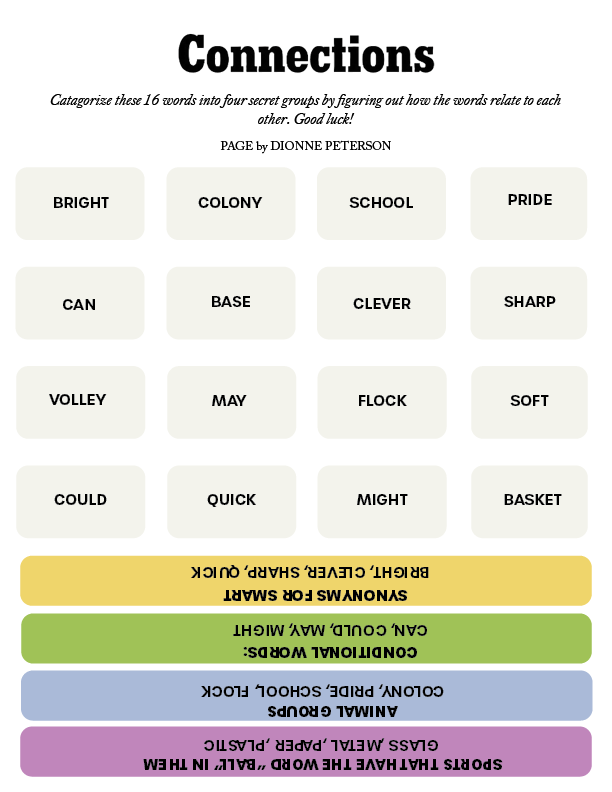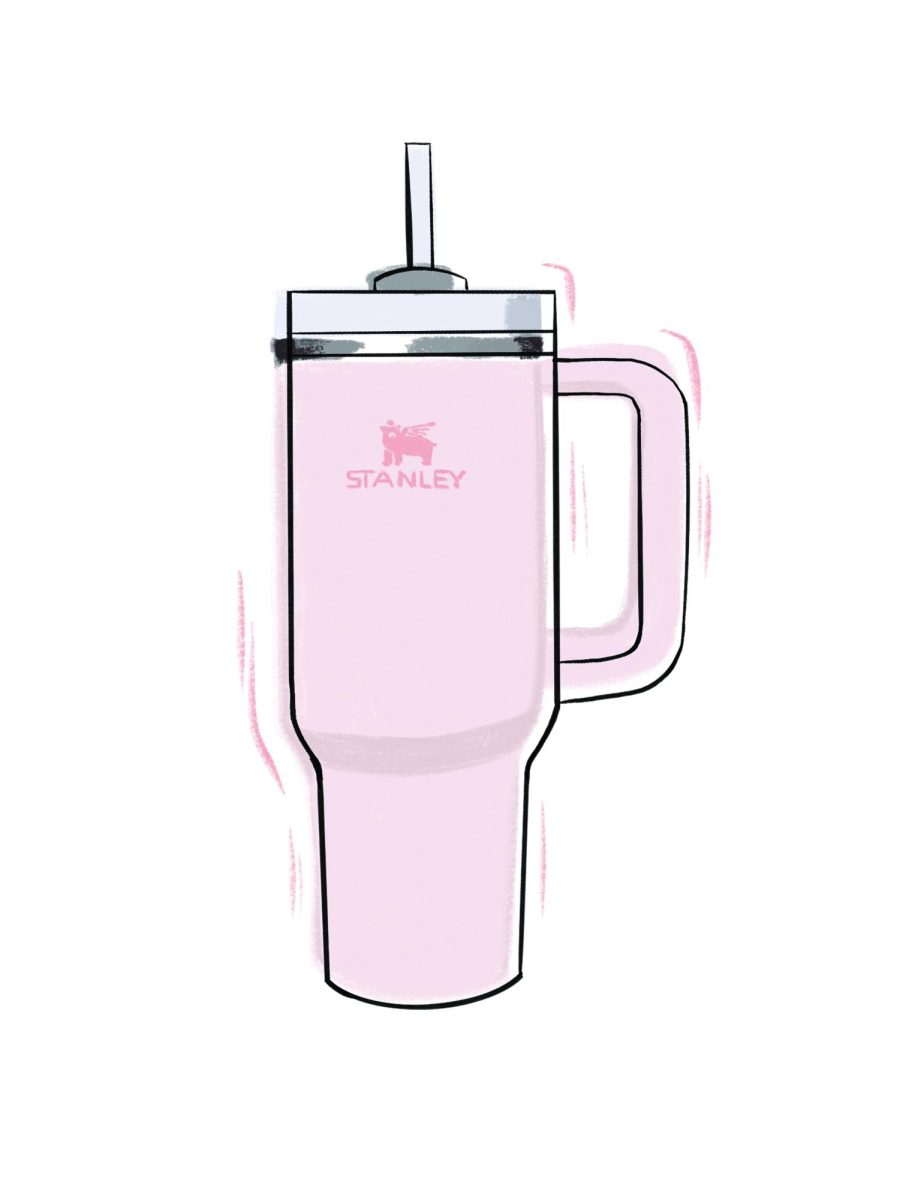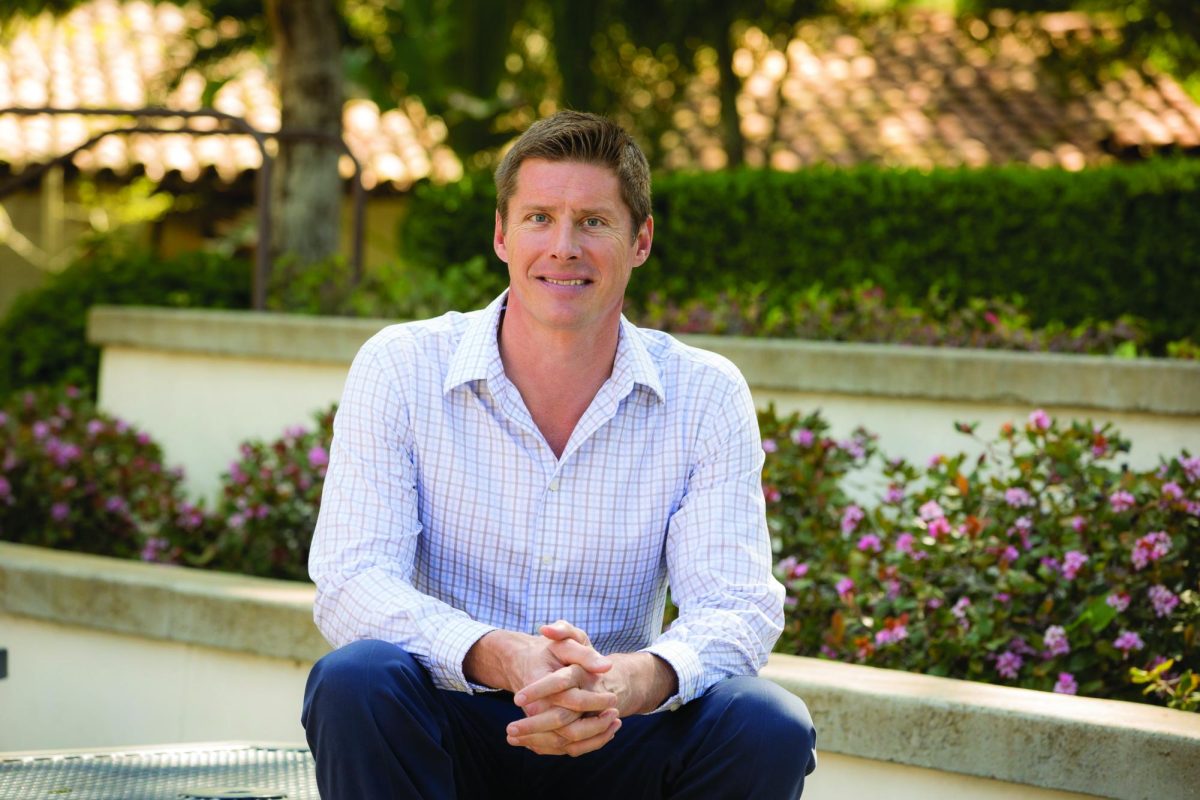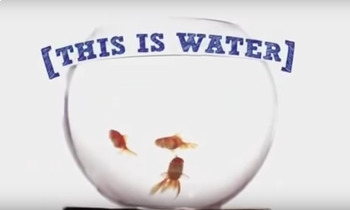Single-use plastic water bottles are notorious for their debilitating environmental impact; so, as awareness spreads about climate change, it is not surprising that reusable water bottles have become more popular in the past couple decades.
Living sustainably has become increasingly admired in recent years and, while it is significant that people are putting the effort in to make better choices for the environment and encouraging others to do the same, it has also led to sustainability becoming a trend and status symbol rather than an environmentally conscious choice.
“I do hope using sustainable products becomes trendy, in the sense that I hope it will become common/popular to buy sustainably produced merchandise. However, if trendy means that those very products are discarded quickly to move on to something else then, yes, it defeats the purpose.” said Katherine Pointer, Laguna’s Chemistry Instructor who is well known within the school for educating the student body about recycling and environmental news.
Reusable water bottles are just one example of how sustainable products can be overconsumed. But with the rise and decline of brands like Stanley, Hydroflask, and Yeti, it is no surprise that many have begun criticizing the trend cycle through the popularity of water bottles.
“I am frustrated and disappointed that reusable cups/mugs in particular are now treated as disposable. If you visit your local thrift store you will find shelves and shelves of discarded reusable water bottles and coffee mugs.” said Pointer.
The issue with reusable water bottles becoming trendy is that they have become “collectibles.” People are not using them just for practicality or sustainability, but are buying them as an accessory and a fashion statement. Social media platforms like TikTok and Instagram have greatly exacerbated this problem, as the trend cycle moves much quicker online and influencers pressure audiences into keeping up with the breakneck pace.
Stanley Tumblers (or Stanley Cups as they are commonly known) range from $35 to $57. Buying one might not be financially attainable for many, and buying several–as many influencers have done and pressured others to do–is a luxury the majority of people cannot justify.
The entire point of reusable water bottles is that it minimizes the amount of plastic used and put into the environment: purchasing more than needed just for aesthetics is entirely ignoring the reasons for investing in these “environmentally friendly” products.
“Ideal consumption of sustainable products would be buying one to two over one’s lifetime, taking care of them, and disposing of them responsibly.We have to constantly remind ourselves that we do not need more of these products and to question societal pressure to buy more,” Michelle Finck, Spanish Instructor and Educational Opportunity Advocate & Dept. Chair said.
Buying anything, especially multiple versions of a product you only need one of, is negatively impacting the environment, whether that be through transportation, production, or material methods.
“Products that are advertised as sustainable, are in reality products that attempt to reduce environmental impact. When a product like the Stanley cup goes viral, the marginal harm reduction the company was ‘attempting’ is rendered ineffective,” Finck said.
Stanleys, Hydroflasks, Yetis, amongst many of the other “trendy” reusable water bottles, are high quality products. They are often made using ethical practices and materials and they are an excellent way to reduce waste caused by plastic water bottles. The issue largely stems from consumers and influences viewing them as accessories to collect, rather than a long lasting product.
“I don’t judge anyone who has bought multiple Stanley cups; moreso I am critical of the way overconsumption has been pushed to its limit through trend cycles, social media, and peer pressure,” Finck said.
The pressure to keep up with the trends of different products–especially when they’re associated with fads like the “Clean Girl” or “VSCO Girl” aesthetics, like Stanleys and Hydroflasks are– is understandable but not excusable.
“It is really about a mindset shift that the overall goal is less consumption rather than merely purchasing sustainable items.” said Pointer.
Even if a product is sustainable, it’s not free from having any environmental impacts. Ethical practices are not an excuse for overconsumption, and it’s on all of us to be more mindful and deliberate in our purchases.











